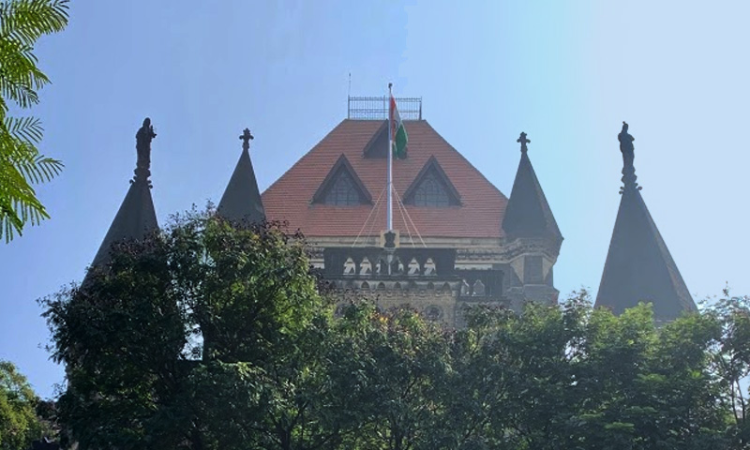Executive Power Of State Under Article 162 Constitution Not Available When Field Of Law Is Occupied By Legislative Act: Bombay High Court
Sharmeen Hakim
3 March 2022 8:04 PM IST

Government can't supersede statutory Rules by administrative instructions.
Next Story


